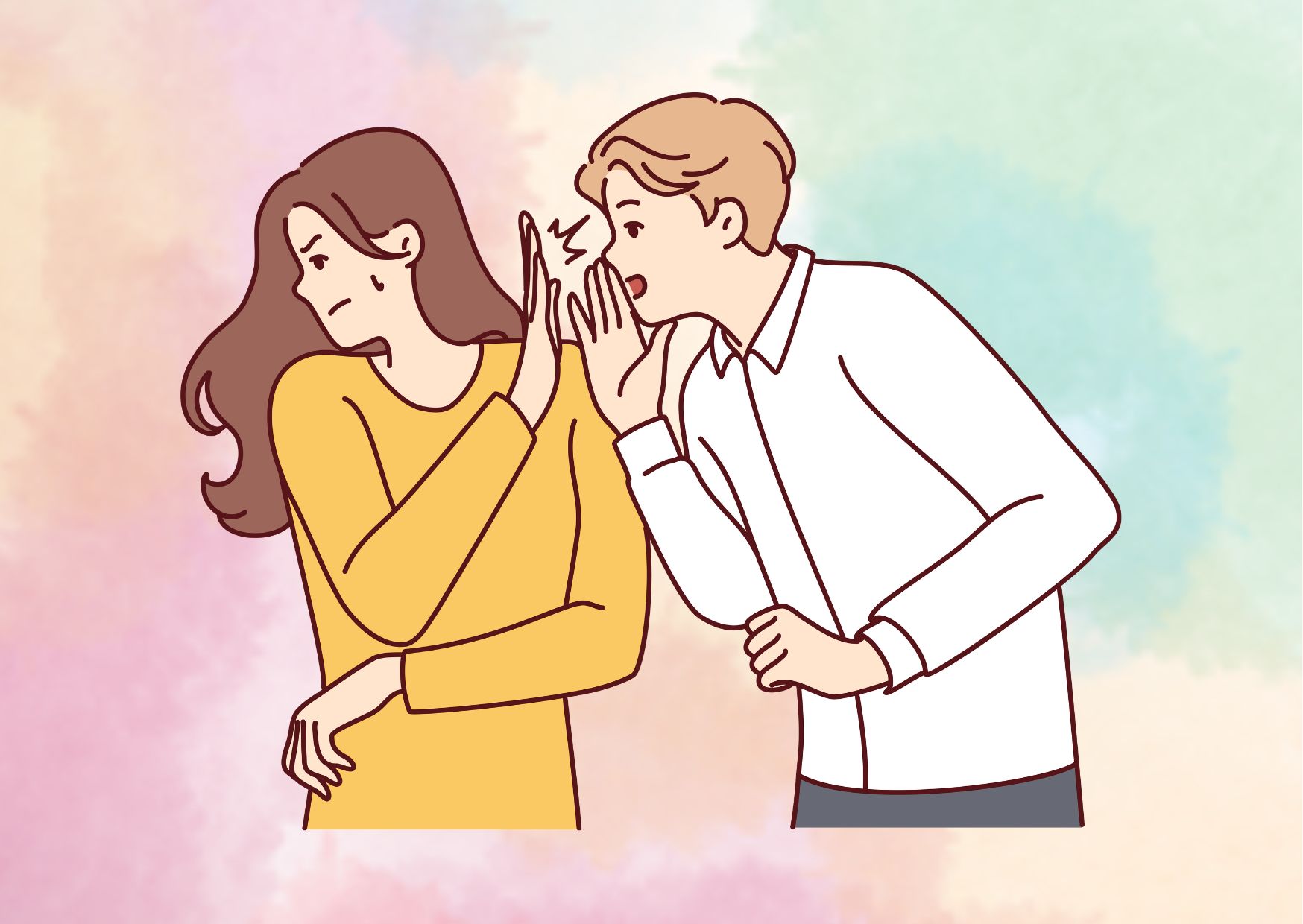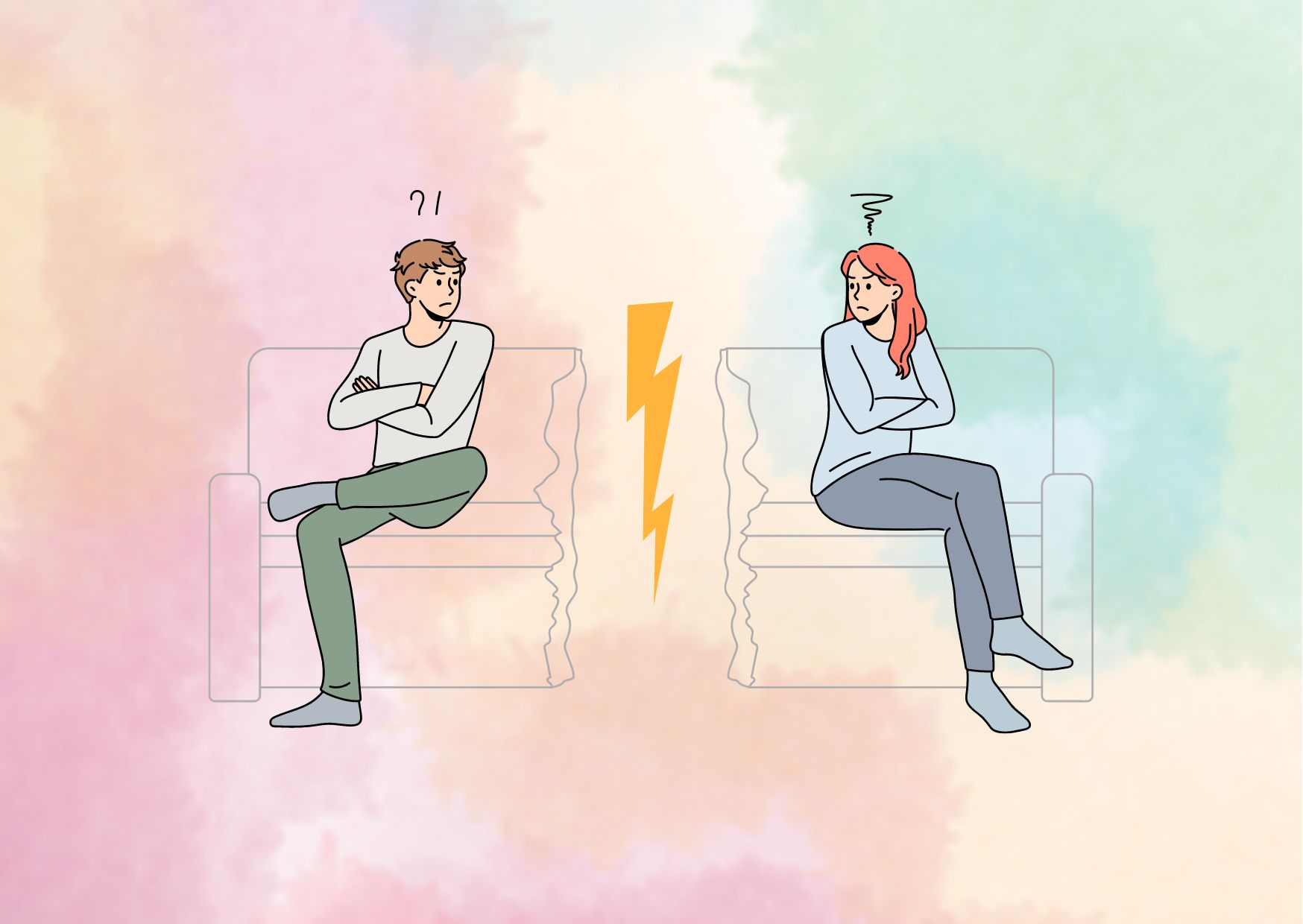5 Effects of Depression on Marital Problems
Relationships are the bedrock of our lives, providing companionship, love, and emotional support. However, even the strongest bonds can face challenges, and when marital problems arise, relationship depression can take a toll on both partners. This complex issue encompasses a wide range of emotional and psychological difficulties that can strain a marriage, leading to feelings of sadness, hopelessness, and detachment.
Identifying the signs of relationship depression and understanding its intricate connection with marital problems is crucial. This article delves into the vicious cycle where depression exacerbates marital conflicts, and unresolved issues fuel further emotional distress. We’ll explore strategies for seeking professional help, self-help techniques, and ways to support a depressed partner while maintaining a healthy marriage. By shedding light on this often-overlooked aspect of mental health, we aim to empower couples to navigate these challenges and rebuild a strong, fulfilling partnership.
Understanding Marital Problems
Marriage can offer wonderful benefits for well-being, life satisfaction, and stress management. However, no relationship is without its challenges. The common problems couples face can put a strain on their marriage, but there’s a choice in how to handle these issues.
Common Causes
- Financial Disagreements: Disagreements about money are one of the most common marital problems. Almost a third of adults with partners in the United States reported money as a source of conflict in their relationships.
- Parenting Challenges: Having children can be a wonderful experience, but it can also be challenging and may put extra strain on a marriage. Busy schedules and daily stressors can contribute to marital problems if not addressed properly.
- Poor Communication: Perhaps the biggest predictor of marital problems is poor communication or negative communication that belies damaging attitudes and dynamics within the relationship. Couples may argue over petty things, nag, criticize, or neglect each other’s needs without realizing the patterns they’ve fallen into.
- Unrealistic Expectations: Distressed spouses are likely to have unrealistic expectations about marriage or their partners, leading to negative explanations for their partner’s behavior and blaming them for issues in the relationship.
- Lack of Intimacy: A decline in intimacy or loving feelings between spouses is frequently associated with marital distress. Although strong emotions naturally decline over time, some spouses perceive this as a loss of loving feelings, leading to decreased affection and sexual activities.
Impact on Relationship
Evidence indicates that individuals who have problems in their marriages are more likely to experience psychological issues like depression and alcoholism. Compared to happily married individuals, those in unhappy marriages are much more likely to be clinically depressed and susceptible to physical health problems.
Marital violence is another problem reported by distressed spouses, with almost one-third of all married couples experiencing violence at some point. This can have a major impact on the relationship and the psychological and physical well-being of each spouse.
Additionally, behavioral problems in children are more common in families where parents are unhappily married. Children exposed to marital distress, particularly violence, are at greater risk for their own emotional problems.
Communication Breakdown
One of the most common and disturbing issues in marriages is a breakdown in communication. Couples may fail to communicate in a healthy way about disagreements or misunderstandings, reaching a communication stalemate where they are unwilling to see each other’s point of view or accommodate their partner’s needs.
Causes of communication breakdown can vary, from external stressors like work, family, or financial problems, to a lack of intimacy or connection between partners. Addressing the root cause and making an effort to prioritize communication and each other’s needs is crucial to overcoming this issue and enjoying a healthy, happy marriage.
Identifying Signs of Depression
Depression is a serious mental health condition that can manifest itself in various ways, both emotionally and physically. Recognizing the signs and symptoms of depression is crucial for seeking timely help and support. Here are some common indicators to watch out for:
Emotional Symptoms
- Persistent feelings of sadness, emptiness, or hopelessness
- Loss of interest or pleasure in activities once enjoyed
- Feelings of worthlessness, guilt, or low self-esteem
- Irritability or restlessness
- Difficulty concentrating or making decisions
Physical Symptoms
- Fatigue or lack of energy
- Sleep disturbances (insomnia or oversleeping)
- Changes in appetite or weight (loss or gain)
- Physical aches and pains without a clear cause
- Digestive problems or headaches
Behavioral Changes
- Social withdrawal or isolation
- Neglecting responsibilities at work, home, or school
- Increased use of alcohol or substances
- Engaging in risky or self-destructive behaviors
- Thoughts of death or suicide
It’s important to note that everyone experiences depression differently, and the severity and combination of symptoms can vary. If you or someone you know is experiencing several of these signs for an extended period, it may be an indication of depression, and seeking professional help is recommended.
How Marital Problems Contribute to Depression
Marital problems can contribute to depression in various ways, leading to a vicious cycle that can strain the relationship further. Here are some key factors that play a role:
Stress and Anxiety
Unresolved marital conflicts and constant bickering can create a highly stressful environment, leading to increased levels of anxiety and emotional distress for both partners. This chronic stress can trigger or exacerbate depressive symptoms, such as feelings of sadness, hopelessness, and fatigue.
Loss of Intimacy
A healthy marriage thrives on emotional and physical intimacy, which fosters a sense of connection and support between partners. However, marital problems can lead to a breakdown in communication and a loss of intimacy, leaving individuals feeling isolated and disconnected from their partner. This lack of intimacy can contribute to feelings of loneliness and depression.
Feelings of Isolation
When marital problems persist, partners may withdraw from each other, leading to feelings of isolation and disconnection. Even in the presence of others, perceived isolation can have detrimental effects on mental health. Factors such as lack of appropriate social skills, cultural differences, unfamiliarity with customs, racism, gender bias, or disabilities can exacerbate these feelings of isolation within the marriage, further fueling depression.

